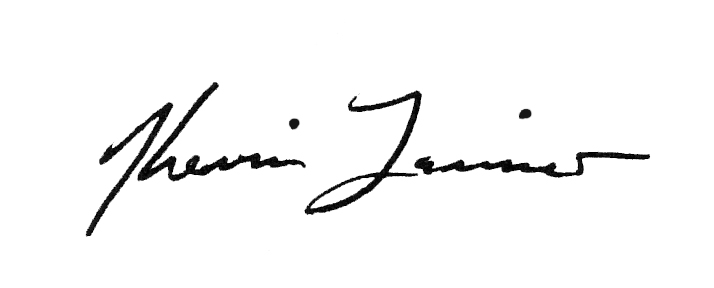A Good Day
I was supposed to be writing. Put that on my headstone. There was this editor’s note, my remarks for an upcoming Poets & Writers Live event, thoughtful replies to the 117 e-mails I received a day earlier, a chapter about working with editors for the book my wife and I are writing together, the letter of recommendation for a former colleague, and more—so of course I was fixing my porch. In my defense, the porch project had already been on hold for six months because of inclement weather (which is both a meteorological reference and an indication of my state of mind during the long winter), and to say that the wood at the corner of my porch was unsightly—exposed to the elements, as it was, for more than a hundred wet seasons—would be an understatement. So rather than do what I was supposed to be doing, I was trying to figure out the compound cuts (the bevel cuts and miter cuts that result in a perfect angled square) that I’d need to execute to fashion new wood trim around a century-old square column. Eventually I figured it out, or close enough anyway, and a day and a half later, I had a solid, freshly painted corner on my porch.
And no words on the page.
To be clear, my kind of woodworking is not what Téa Obreht describes in “A Gift”. The novelist says she has been learning joinery, which is something more precise and, from the sound of it, more satisfying than what I did to my porch. “It’s essentially woodworking, where you’re fitting pieces of wood together to make something more complex,” she tells Amy Gall. “I’m an absolute beginner and expect everything I make to give way any second; but I derive a lot of satisfaction from being able to tangibly measure progress in the discipline. When you write for two hours, you can somehow inexplicably end up with fewer words than you started with; but if you saw a piece of wood in half, you will have two pieces of wood every time.” We can all relate to that feeling of taking two steps back for every one step forward, but for writers that’s called progress. As essayist Aaron Gilbreath recently wrote on Facebook (I know, I was supposed to be writing), “Sometimes you have to write 20,000 words...to get to the right 5,000.”
Obreht says something else that rings true—so true we put it on the cover: “A good writing day will end with the desire to keep writing.” If any day, no matter how you spend it, ends this way—with the promise of more writing—I think we can count it as a good one.








